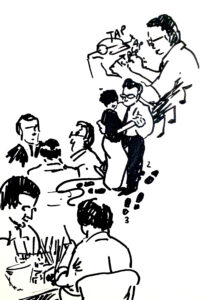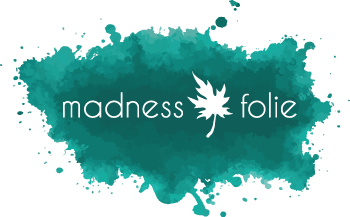Rehabilitation Through Community Living
 Living for years and even decades in residential facilities, many former patients had lost family support and the skills necessary to establish themselves in the world outside the institution. In addition, post-World War Two farming communities no longer used hired hands and female servants and the prairie economy of the 1950s also limited employment opportunities elsewhere.
Living for years and even decades in residential facilities, many former patients had lost family support and the skills necessary to establish themselves in the world outside the institution. In addition, post-World War Two farming communities no longer used hired hands and female servants and the prairie economy of the 1950s also limited employment opportunities elsewhere.
In Saskatchewan, the CMHA adopted the concept of rehabilitation as central to their new mandate. (The term “rehabilitation” might now seem to have an old-fashioned ring and is often replaced by the term “recovery”.) Pioneered by New York’s Fountain House, rehabilitation held that people with emotional and physical impairments can learn practical and skills that will enable them to live as full members of the broader community.
Deinstitutionalization focused on how buildings function; rehabilitation focuses on how people function. Deinstitutionalization focused on closing buildings; rehabilitation focuses on opening lives. Deinstitutionalization focused on getting rid of patient restraints; rehabilitation focuses on getting hold of person supports. – W. Anthony, Professor, Rehab Services
A 1956 Saskatchewan’s CMHA brief to the provincial government argued that rehabilitation was one of the most neglected areas of community mental health work in the province. Provincial president Mrs. N. M. Toombs and executive director George Rohn described the Association’s role in rehabilitation programs as experimental, and as a pilot project created with the expectation that government would take on the task once its value had been proved. At a time when social programs were being created for survivors of the polio epidemic, CMHA lobbied for services for people with mental illness:
We commend the Government for appointing a consultant in the field of rehabilitation and we sincerely hope that expansion of the program will take place in the near future. It might be well to explore ways and means for the use of the Federal Rehabilitation Grants in the rehabilitation of the mentally ill. – CMHA, 1956
